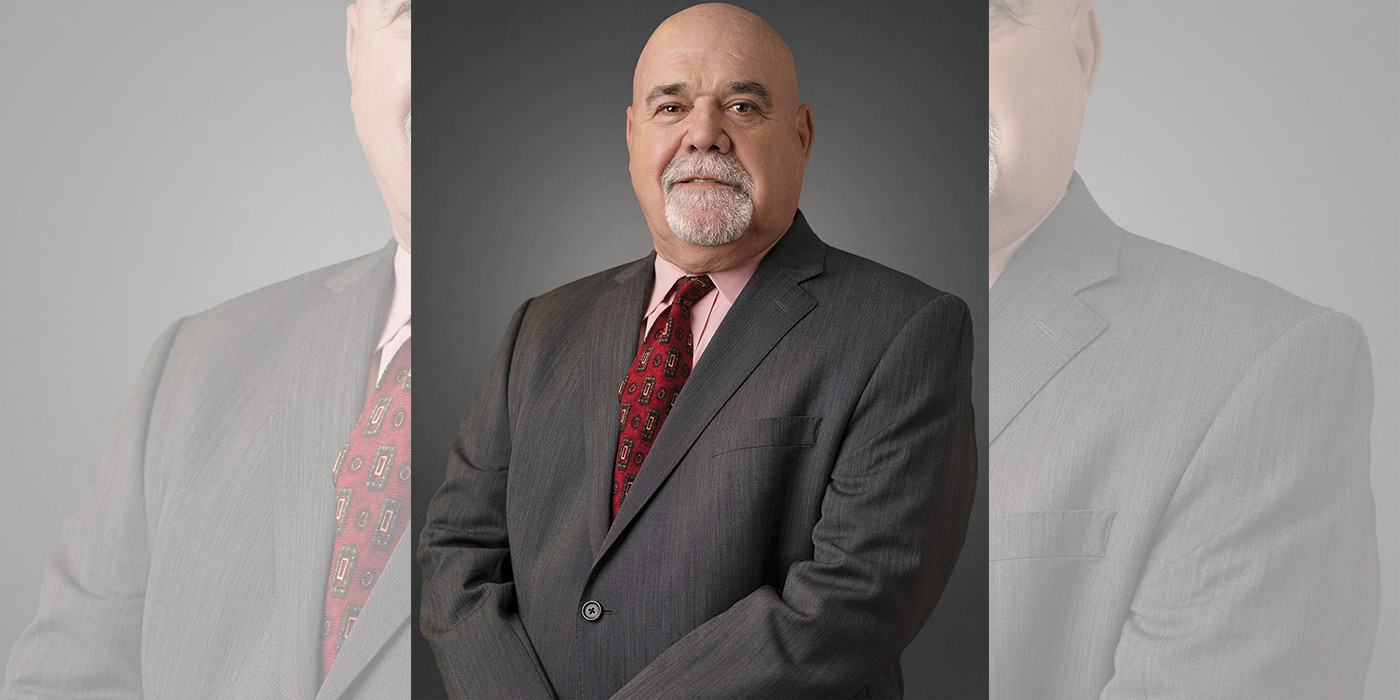Whether you are nearing retirement or have decades left, there’s no time like the present to begin forming your auto shop exit strategy. Knowing well in advance what you plan to do with your tire dealership when you retire will help you get the business in top shape to garner a high selling price as well as minimize the tax impact of passing the shop to family members. It also ensures you’re prepared in the event of a health emergency, should one arise.
At a minimum, it’s advisable to start planning five years in advance. Many companies put off planning until the last minute and say to themselves, “Yeah, we spoke to a buyer, and it was like magic – two weeks later, we sold the business.” But just because the sale went quickly doesn’t mean they got the best possible terms. A lack of positioning for the sale or scouting out of buyers could mean missing out on a better deal.
Whether your plans include an outright sale or giving the dealership to family members – or whether you plan to make a clean exit or stay on during a transition period – now is the time to start planning. Grooming a successor and creating succession planning is a process that takes time – years, in fact – but the first step is to begin the process, preferably sooner rather than later.
In many small businesses, the owner micromanages and is involved in every step of the process – and customers love that because they know they can go there and have that consistency. But when they sell, the owner isn’t there anymore. Someone else has taken over, and the loyalty is gone. The customer often feels free to go anywhere.
To help avoid that, tire dealers should consider a five-year transition period when preparing for retirement or a sale, which can be used to either internally develop a replacement or hire someone to assume the leadership role. In that kind of situation, the dealer is still there, but little by little, this other person takes over. At first, both of them meet with each customer, but as time goes on the new manager does a little bit more as the owner phases out. So when they finally sell, it doesn’t significantly impact customer relationships.
When it comes time to sell, it’s important to “stage” a tire dealership for a sale. Make sure the financials are in order and the books accurately represent the business. The biggest pitfall in the sale of a business is failure to conduct a professional business valuation. In addition to financials, items that make up a proper valuation report include the stability of the auto shop, the stability of the workforce, demographics of the area, how long the current owner has left on the lease (or if the building is owned), the age of the workforce, the age of the population in the area and more. Get professional help from someone who knows not only about business valuation, but also knows the tire and service industry. Note that a lot of book formulas for a typical valuation won’t work outright for a tire dealership.
A business valuation is based upon a pattern, going back five years to look at income and determine if the business is going up in value. However, especially when it comes to a tire dealership, profits aren’t everything. Investments in the business matter as well. For example, net could be high because a dealership hasn’t reinvested any money in equipment, while another company has lower profits but new, state-of-the-art equipment that ensures they’re busy all the time and are ahead of the game. In this case, the first dealer might be more profitable, but they aren’t as set up for business success in the future.
It’s important to do your due diligence on a potential buyer as well. Make sure they can pay for it. A buyer may come along and offer a great price, but when it comes to closing, the person can’t get bank financing or doesn’t have the money. You also want to make sure they have the technical skills to handle the business, they know who the customers are, etc.
It’s also a good idea to determine ahead of the sale how long the owner will stay on (if at all) to aid with the transition. While you may avoid capital gains tax when passing down a business to family members, gift tax still comes into play. Minimizing your tax burden requires advanced planning.
Consider the example of a husband and wife who own a tire dealership worth $1 million (based on a professional business valuation) and they want to pass the business down to their two children. Each parent can give each child $14,000 of ownership value in the business each year – that’s $56,000 total each year – given without incurring gift tax. This means that if you plan early enough, the whole transaction can be done tax-free. Not that in order to pass IRS scrutiny, it’s important to have a thorough and documented business valuation.














